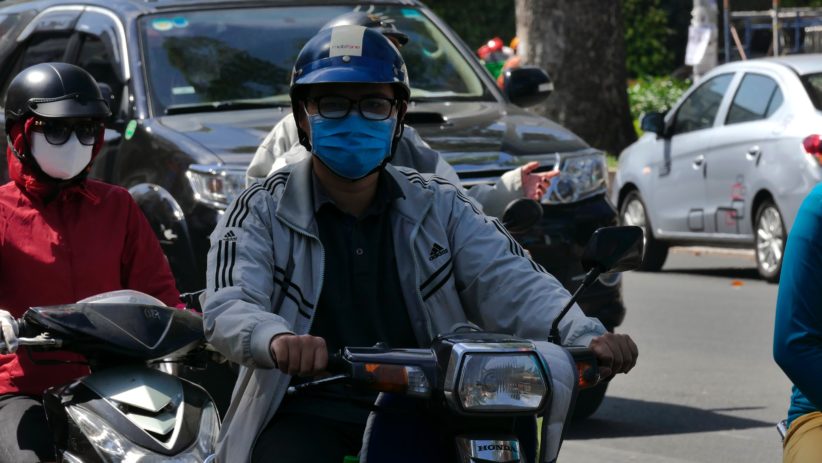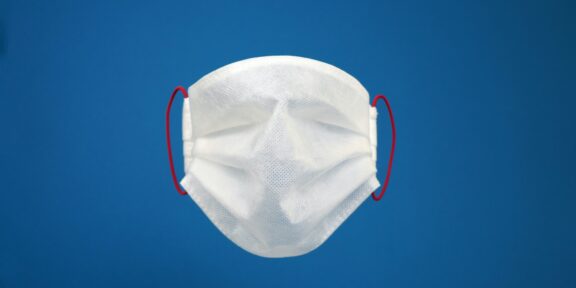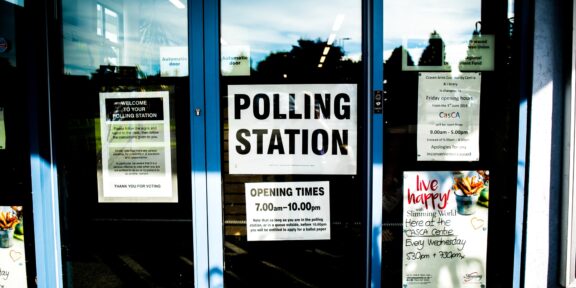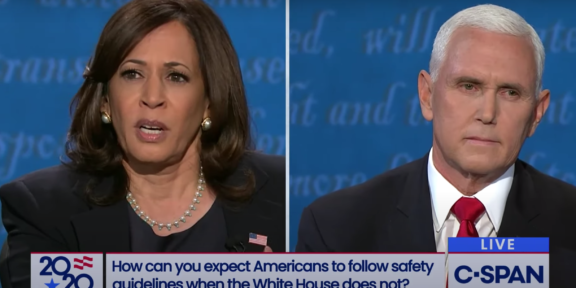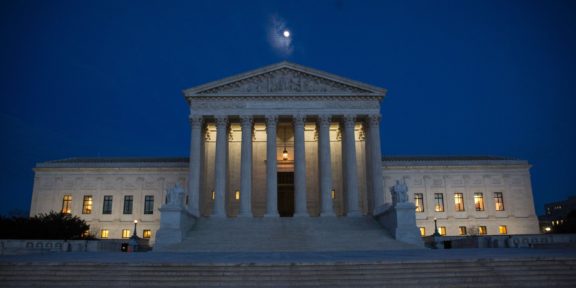By Josyana Joshua, Howard University News Service
Washington, D.C.– With the Coronavirus or COVID-19 continuing to spread overseas and in the United States, Howard University announced the suspension of all university sponsored international travel. The virus has caused alarm worldwide with over 100,000 cases in over 100 countries.
On Saturday March 7, Howard University Communications sent an email to all students and faculty announcing a travel restriction.
“Effective immediately, we will be taking the additional and difficult step of suspending all University-supported non-essential international travel for students, faculty, and staff, secondary to rising concerns regarding the coronavirus outbreak,” the email read. This includes restriction to spring break programs, including the Alternative Spring Break which has a few international service sites. The University has not said if it will reschedule trips or if students will receive money back from their trips being cancelled.
In addition to the worry of contracting the virus, Howard also mentioned the likelihood of getting stuck in a country one of the reasons they have decided on this restriction. The email read, “Beyond the actual health risks, we are increasingly concerned about travel restrictions being implemented that may impact the return of individuals engaged in international travel.” Many countries have implemented their own travel restrictions, not just the United States.
The Coronavirus has made its way to the D.C. area with three cases announced in Montgomery County last week. Maryland Governor Hogan has declared a state of emergency. The District’s first “presumptive positive” case was announced by Mayor Bowser on Saturday. In a press conference Mayor Bowser said a D.C. resident in his 50s showed symptoms of a respiratory virus in late February and was then admitted to hospital in D.C. on March 5. “DC Health has started its investigation in keeping with the CDC’s guidelines,” Bowser said during the press conference.
As of right now there is no vaccine for the virus. The Center for Disease Control (CDC) has put out a list to help prevent the spread. The CDC recommends washing your hands with soap and water for at least 20 seconds, avoiding touching your face with unwashed hands, avoiding contact with those who are sick, staying home if you are sick, sneezing or coughing into your sleeve or a tissue, and cleaning and disinfecting commonly touched surfaces and objects; all precautions to avoid commonly occurring illnesses as well.

